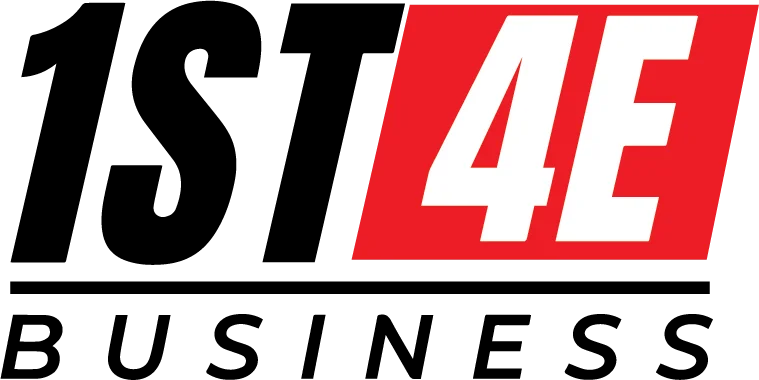Iran Foreign Minister Abbas Araqchi sharply criticized International Atomic Energy Agency Director Rafael Grossi, calling his insistence on visiting recently bombed nuclear facilities “meaningless and possibly malign in intent.” Araqchi made these comments via social media posting on X, signalling Tehran may impede UN inspections at key sites.
Grossi’s Request Triggers Tehran Protest The International Atomic Energy Agency (IAEA) sees IAEA inspections as essential in upholding Iran’s Comprehensive Safeguards Agreement and must gain immediate access to inspect nuclear sites like Fordow, Natanz and Isfahan that have been targeted in Israel and U.S. airstrikes. reuters.com +15 as they would keep its oversight intact. reuters.com = 15 for more info
Araqchi responded by accusing IAEA Director-General Yukiya Amano of supporting politically-motivated actions such as endorsing UN Resolution against Iran and indirectly aiding bombings, in addition to visiting sites under Brussels directives without legitimate justification. Reuter’s.com +3, En.Irna.ir +3 and Anews.com.tr +3.
Parliamentary Vote and National Sovereignty Defense
Iran’s parliament recently passed a bill suspending cooperation with the International Atomic Energy Agency, reflecting widespread mistrust of this agency following military incursions. Parliament Speaker Araqchi highlighted Iran’s sovereign right to defend national interests as justification for this move, framing it as a direct response to foreign pressure and perceived bias from outside sources. For more information visit en.irna.ir ft.com reuters com reuters com reuters com.
Context: Nuclear Tensions Escalate This tension escalated rapidly following June’s intense military escalation, in which Israel bombed Iranian nuclear infrastructure to curb Tehran’s nuclear ambitions while U.S. forces struck three nuclear sites simultaneously. IAEA inspectors have since been barred from returning to facilities since these attacks took place (sources include ndtv.com +2, Anews.com.tr and Iranintl).
Grossi has highlighted maintaining verification activities and resumed on-site assessments as critical components of non-proliferation efforts, while noting the significance of cooperation with the IAEA as being key in non-proliferation efforts. He mentioned this during reuters.com’s +3 coverage as well as Iran Intl News Agency +3 coverage (IranIntlNewsCom.tr +3) coverage (reuters +3) of his remarks (iranIntl NewsAgence =+3)
Iran views these requests for inspection as unwelcome interference and has presented them as efforts to justify attacks against their nation.
Analysts warn of Tehran’s hardline posture leading to an erosion of nuclear oversight at a time of global concern and suspicion. With Tehran blocking access, IAEA verification capabilities become compromised over time.
Looking Ahead:
IAEA Monitoring at Risk: Iran’s suspension could impede inspectors from verifying uranium inventories at damaged sites, potentially jeopardizing monitoring activities at IAEA sites.
International Pressure Increases: Western governments are anticipated to exert further pressure on Iran for transparency and access.
Potential for renewed talks: Reviving nuclear diplomacy may require the restoration of monitoring access and IAEA safeguards as well as greater negotiations with Washington.
As tensions intensify following recent strikes and political maneuvers, international nuclear oversight in Iran remains uncertain. How Iran engages with the International Atomic Energy Agency is key to future nuclear talks and regional stability.
